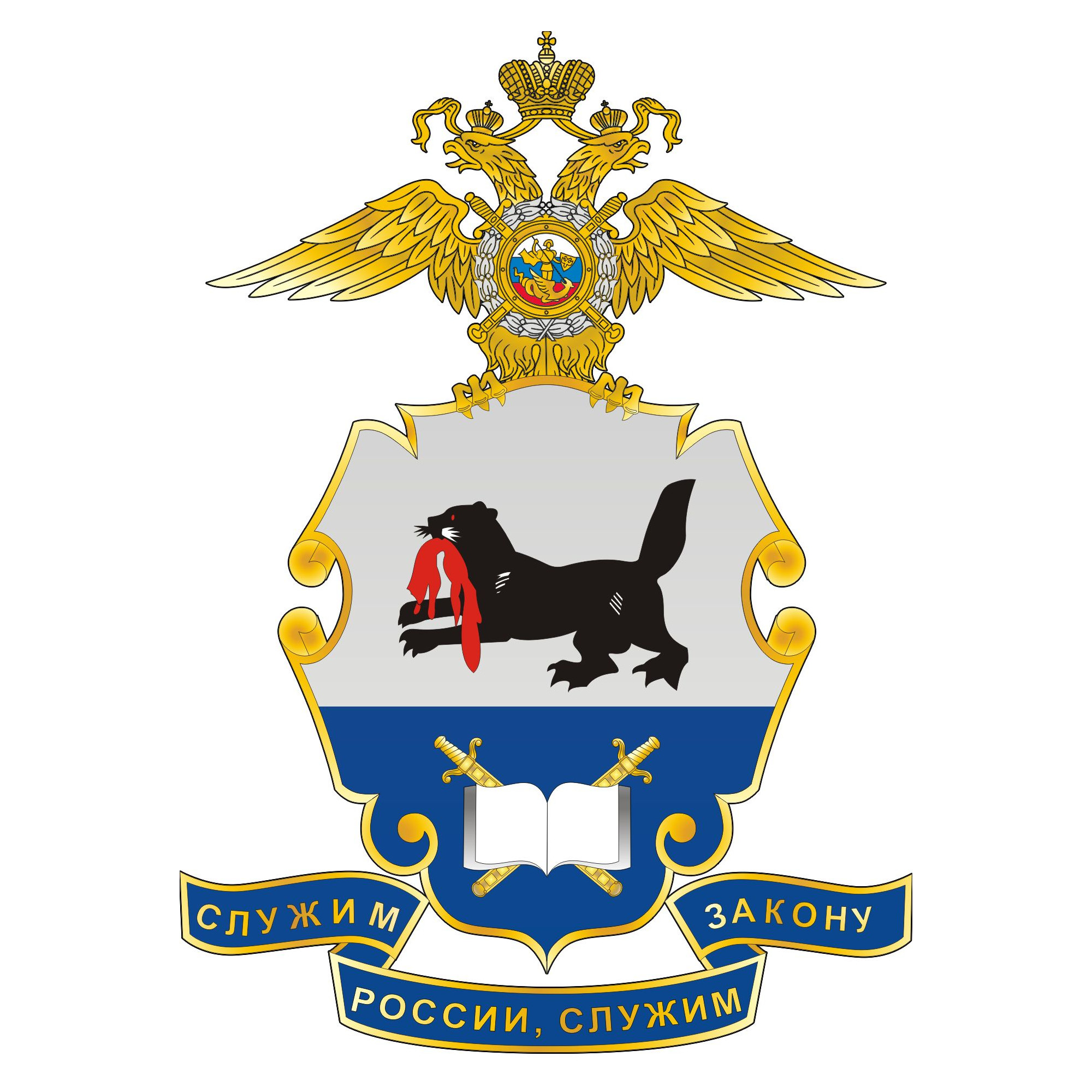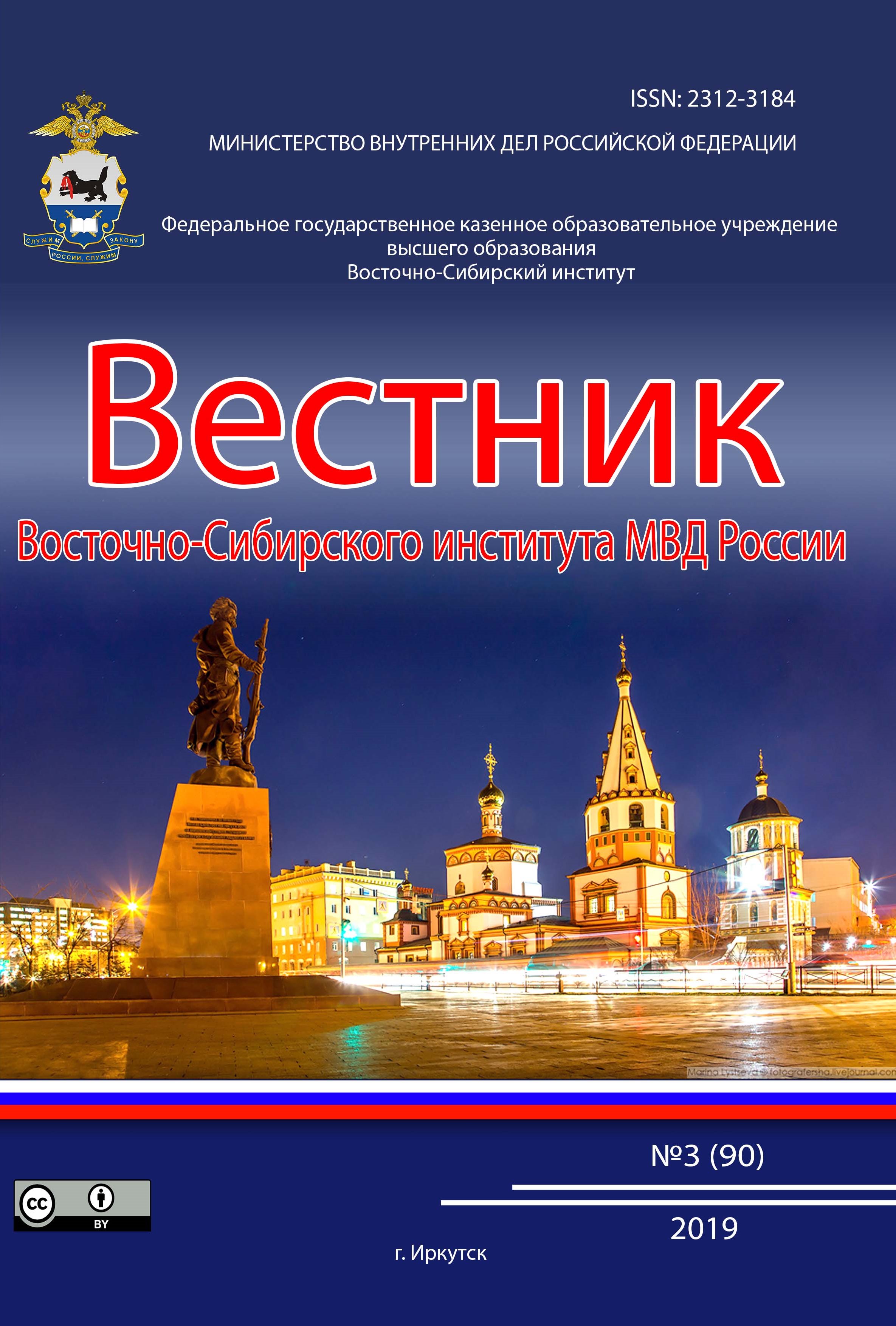Introduction: at present, the effectiveness of the work of the Russian Ministry of Internal Affairs largely depends on the introduction of advanced domestic and foreign technologies. In this regard, the author monitored foreign law enforcement practices related to the use of neural networks in work aimed at countering criminal attacks in order, if necessary, to further use positive experience in the activities of the department. Materials and methods: various sources and data were used as a methodological basis in the research process, which made it possible to assess the capabilities of neural networks in the fight against crime. Analysis, synthesis, formal-logical, comparative-legal, historical and a number of private scientific methods were used as a methodological basis. The author has convincingly proven that in order to solve the problems of overcoming problems arising in the process of using new technologies, it is extremely important to focus on conducting various scientific research in this area. The results of the study: the study of positive foreign experience indicates that the work of artificial neural networks has already managed to prove its necessity in the process of their application in the law enforcement field. Currently, with the help of artificial neural networks, it is possible to engage in the following types of operations: recognition; predicting future performance; classification of data. In our country, it is also important to engage in the widespread implementation of standards and indicators of technologies working on the basis of neural networks, including monitoring the use of neural networks by Russian law enforcement officers and identifying emerging problems in the regulatory regulation of the area under consideration. Conclusions and conclusions: the potential for the use of technologies based on neural networks by Russian law enforcement officers is very enormous. It is necessary to study foreign positive experience in this area in order to better understand this activity, as well as identify law enforcement areas in which the use of these technologies can cause the most law enforcement problems and show the best effectiveness of use. Russian law enforcement officers should strive to ensure that scientific achievements related to the use of neural networks to combat criminal attacks contribute to obtaining better results in the fight against criminal manifestations of various types.
combating crime, neural networks, foreign experience, causes of crime, law enforcement agencies, law enforcement practice, public safety, robotics, digital technologies, monitoring, scientific developments, law enforcement, fight against crime, information technology, law and order.
1. Stepanenko D.A., Bekhteev D.V., Evstratova Yu.A. Ispol'zovanie sistem iskusstvennogo intellekta v pravoohranitel'noj dejatel'nosti [The use of artificial intelligence systems in law enforcement]. Vestnik Sankt-Peterburgskogo voennogo instituta vojsk nacional'noj gvardii – Vestnik of the St. Petersburg Military Institute of National Guard Troops. 2020, no. 2(11), pp. 104-110.
2. Kobets P.N. [National Strategy for Artificial Intelligence for the period until 2030 - the starting point in the field of legal regulation of these processes in the Russian Federation] Pravovoe i jeticheskoe regulirovanie robotizacii i vnedrenija iskusstvennogo intellekta (II): Materialy nauchno-prakticheskoj konferencii s mezhdunarodnym uchastiem, Vladimir, 18 marta 2022 goda [Legal and ethical regulation of robotization and implementation of artificial intelligence (AI): Proceedings of a scientific and practical conference with international participation, Vladimir, March 18, 2022 of the year], 2022, pp. 35-40.
3. Kobets P.N. Sovershenstvovanie pravovogo regulirovanija v sfere ispol'zovanija tehnologij iskusstvennogo intellekta [Improving legal regulation in the field of using artificial intelligence technologies]. Filosofija prava – Philosophy of Law. 2023, no. 3(106), pp. 112-118.
4. Krasnonosov E.Yu., Zateishchikova E.L. Sovremennoe pravovoe regulirovanie sistem s iskusstvennym intellektom v Rossijskoj Federacii [Modern legal regulation of systems with artificial intelligence in the Russian Federation]. Vestnik Doneckogo nacional'nogo universiteta. Serija E: Juridicheskie nauki – Vestnik of the Donetsk National University. Series E: Legal Sciences. 2021, no. 1, pp. 33-38.
5. Basarkina Yu.V. Primenenie iskusstvennyh nejrosetej v jurisprudencii [Application of artificial neural networks in jurisprudence]. Sfera prava – Sphere of Law. 2022, no. 4, pp. 9-23.
6. Kokov I.Kh., Leskina E.I. Ponjatie i sushhnost' nejronnyh setej: pravovoj aspekt [The concept and essence of neural networks: legal aspect]. Alleja nauki – Alley of Science. 2020, vol. 2, no. 11(50), pp. 273-279.
7. Skobileva I.V., Makhonin D.D. Dostoinstva i nedostatki vnedrenija nejronnyh setej v juridicheskuju dejatel'nost' [Advantages and disadvantages of introducing neural networks into legal activities]. Evrazijskij juridicheskij zhurnal – Eurasian Legal Journal. 2023, no. 4(179), pp. 249-251.
8. Karavaev A.V., Korolev D.A. Afanasyev V.A. [Promising directions for using an artificial neural network in legal activities]. Aktual'nye problemy nauki v issledovanijah studentov, uchenyh, praktikov: Sbornik nauchnyh statej po rezul'tatam Mezhdunarodnoj nauchno-prakticheskoj konferencii, Izhevsk, 26–27 aprelja 2023 goda [Current problems of science in the research of students, scientists, practitioners: Collection of scientific articles based on the results of the International Scientific and Practical Conference, Izhevsk, April 26–27, 2023]. Izhevsk, 2023, pp. 801-809.
9. Gordeev A.Yu. Perspektivy razvitija i ispol'zovanija iskusstvennogo intellekta i nejrosetej dlja protivodejstvija prestupnosti v Rossii (na osnove zarubezhnogo opyta) [Prospects for the development and use of artificial intelligence and neural networks to combat crime in Russia (based on foreign experience)]. Nauchnyj portal MVD Rossii – Scientific portal of the Ministry of Internal Affairs of Russia. 2021, no. 1(53), pp. 123-135.
10. Lebedev M.D., Savvoev S.A. Ispol'zovanie iskusstvennogo intellekta v rassledovanii prestuplenij [The use of artificial intelligence in crime investigation]. Skif. Voprosy studencheskoj nauki – Skif. Questions of student science. 2020. no. 7(47), pp. 73-77.
11. Lemaikina S.V. Ispol'zovanie iskusstvennogo intellekta v protivodejstvii prestupnosti [The use of artificial intelligence in combating crime]. Jurist#-Pravoved# –Lawyer-Pravoved. 2021, no. 2(97), pp. 54-56.
12. Sukhodolov A.P., Bychkova A.M. Iskusstvennyj intellekt v protivodejstvii prestupnosti, ee prognozirovanii, preduprezhdenii i jevoljucii [Artificial intelligence in combating crime, its forecasting, prevention and evolution]. Vserossijskij kriminologicheskij zhurnal – All-Russian Criminological Journal. 2018, vol. 12, no. 6, pp. 762.
13. Zavyalov I.A. Zarubezhnyj opyt ispol'zovanija iskusstvennogo intellekta v raskrytii prestuplenij [Foreign experience in using artificial intelligence in solving crimes]. Vestnik Moskovskogo universiteta MVD Rossii – Vestnik of the Moscow University of the Ministry of Internal Affairs of Russia. 2021, no. 3, pp. 228-236.
14. Gadzhieva Z.R., Stepanova I.V. Primenenie iskusstvennogo intellekta pri rassledovanii prestuplenij v Kitae [Application of artificial intelligence in the investigation of crimes in China]. Vestnik nauki – Bulletin of Science. 2023, vol. 4, no. 10(67), pp. 255-261.
15. Kravtsov D.A. Iskusstvennyj razum: preduprezhdenie i prognozirovanie prestupnosti [Artificial intelligence: prevention and forecasting of crime]. Vestnik Moskovskogo universiteta MVD Rossii – Vestnik of the Moscow University of the Ministry of Internal Affairs of Russia. 2018, no. 3, pp. 108-110.
16. Ishchenko E.P., Vodianova N.B. Algoritmizacija sledstvennoj dejatel'nosti [Algorithmization of investigative activities]. Moscow, 2010, 302 p.
17. Gritsaev S.I. Komp'juterizacija celeopredelenija i planirovanija rassledovanija [Computerization of target determination and investigation planning]. Nauchnyj zhurnal KubGAU – Scientific journal of KubSAU. 2015, no. 108, pp. 491-499.
18. Ketia T.A. Nejrosetevye tehnologii v dejatel'nosti pravoohranitel'nyh organov Rossii i zarubezhnyh stran [Neural network technologies in the activities of law enforcement agencies in Russia and foreign countries]. Evrazijskaja advokatura – Eurasian Advocacy. 2022, no. 4(59), pp. 62-67. – DOIhttps://doi.org/10.52068/2304-9839_2022_59_4_62.












